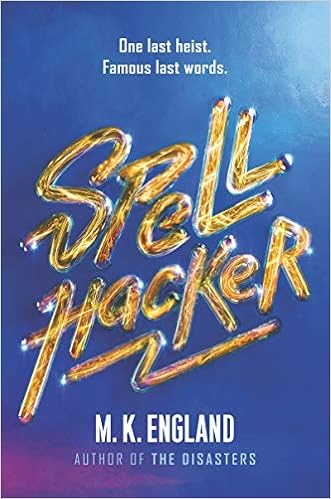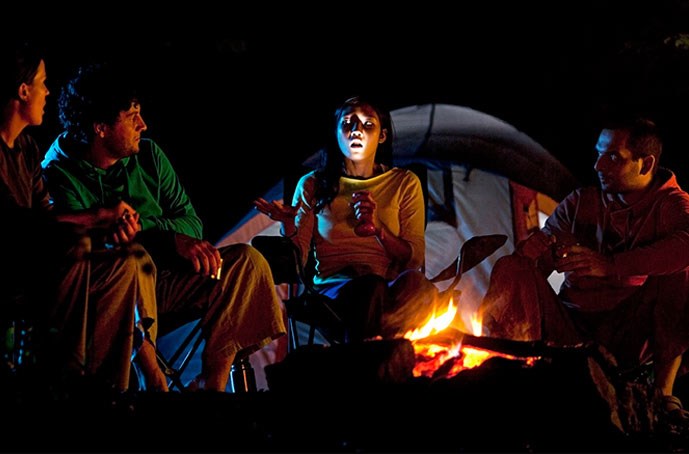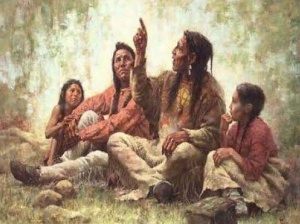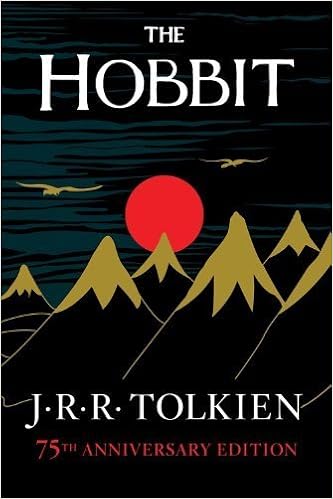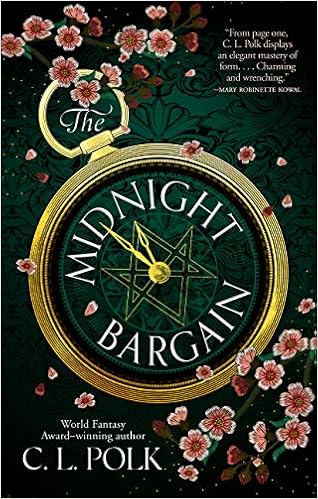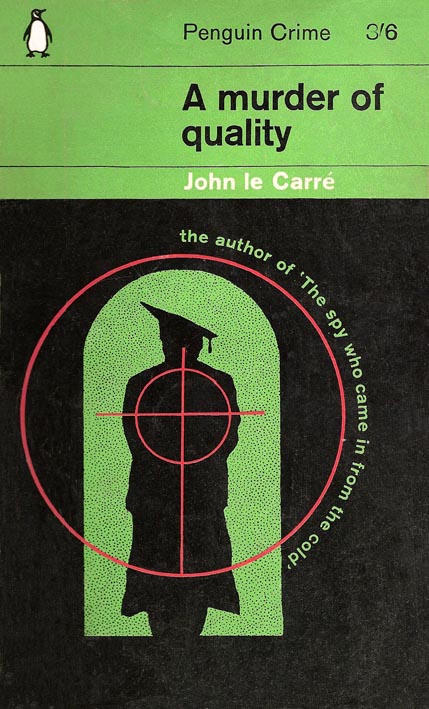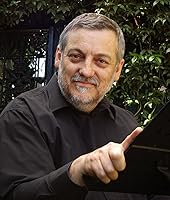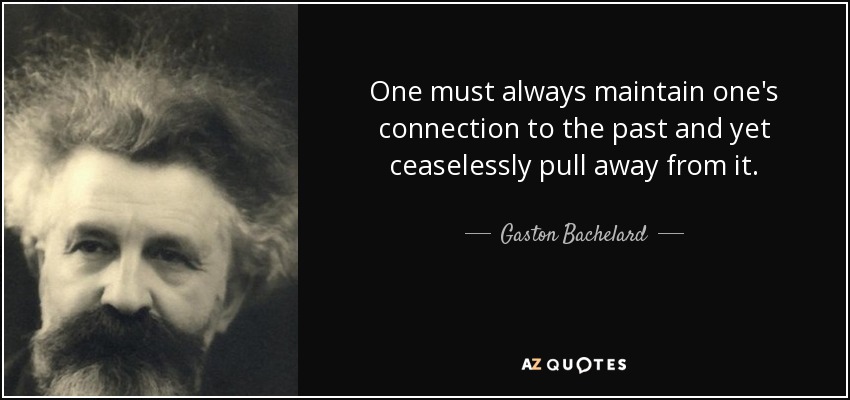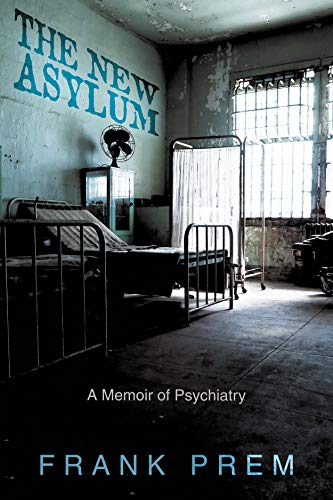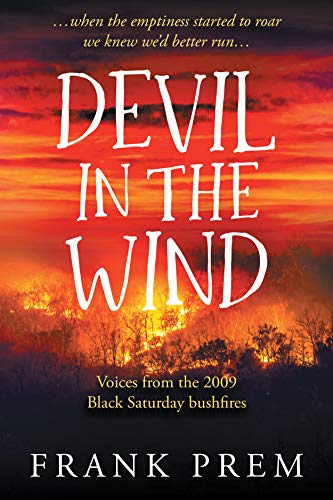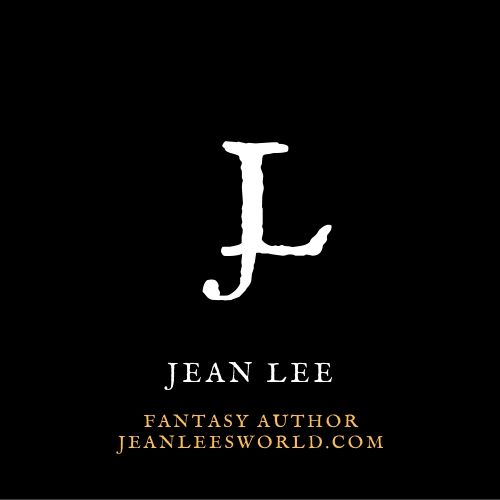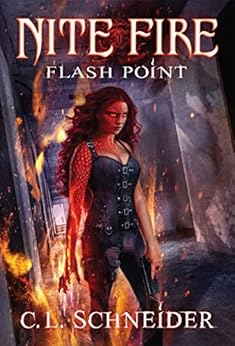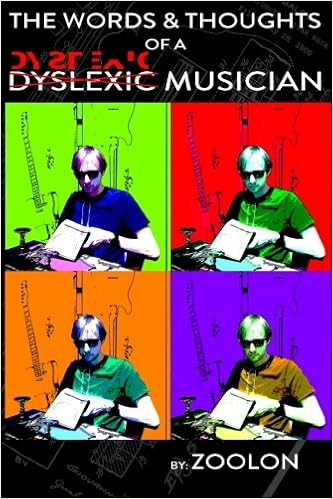Happy Thursday, everyone! Summer school is winding down for the kids, which means August will be a month of Blondie, Biff, Bash, and I driving each other crazy–I mean, being creative together. 🙂 No matter what, though, I hope to keep writing here, finishing up my latest release (more on that at the end of this post!), and connecting with more of you beautiful souls! x
It’s been such an honor to connect with so many different authors from across the world. Today I am pleased to introduce you to Australian poet Frank Prem. Take it away, Frank!
Hi Jean, thanks
for the opportunity to chat today.
I’m a writer of free verse poetry, for the most part, resident in a small town in Victoria (Australia). I’ve been writing and developing my approach to poetry for over forty years, now, and have recently become the Indie published author of two collections. The first – Small Town Kid – came out in December 2018, while the next – Devil in the Wind – was released in May 2019.
When I’m not
actively pursuing writing and other authorly pursuits I work as a psychiatric
nurse, here in the town, in a small long-term rehabilitation unit.
The town I live in – Beechworth – is a pretty little place of around 3,000 residents. We have a gold mining history dating back to the 1860s, and the township itself is very well preserved, with a lot of stone buildings hewn from the local honey granite (a warm, pinkish colour in the rock).
We have become a tourist town, with thousands of visitors passing through each year, and most of them making a beeline for the well known Beechworth Bakery (https://www.beechworthbakery.com.au/).
It’s mostly a
quiet life, but very pleasant, all in all.
You may have noticed how much I love to share the music that inspires my writing. Do you also enjoy music to write, or do you require silence? If the former, would you like to recommend any favorites?
Yes, music is such a gift to us, Jean, and it has influenced my writing immesurable. In case you’re wondering, my personal taste always leads to me to find a wonderful voice – regardless of genre. The voice I have gravitated to most is that of Emmy Lou Harris, who is mostly known as a Country singer, but actually able to sing anything.
Oh my gosh, what a coincidence! She’s helped me write as well, especially with my fantasy novel Beauty’s Price.
I generally write
in silence, but the music in language is quite critical to my work. My usual
approach is to create a melody of some sort in my head and to sing my work
(silently) line by line to try to imbue it with a sense of song. My often
repeated mantra is that ‘rhyme should be invisible, while free verse should be
sung’.
Beautifully said, Sir.
Have you ever gotten reader’s block with another poet or prose writer? How did you overcome it?
Yes I have, Jean.
I’m a very poor reader of the work of other poets. I worry very much that I
will get other work in my head and inadvertently plagiarise or otherwise stray
from my own track.
With prose, I tend
to return over and over to a few favourite writers as my mainstay, with a
greater willingness to branch out and experiment with reading speculative
fiction. In recent times, particularly space opera fiction. Bang-bang
shoot-em-ups in the stars are a wonderful freedom for me, that is far enough
from any realities down here on earth to be completely enjoyable.
I think with my general reading I am looking for inspiration in my own work. Recently I read the entire translated work of a French Philosopher named Gaston Bachelard, who died back in the 1960s.
He explored the phenomenology of poetry and poetics and used imagery in such a way that my imagination was fired and I could hardly read more than a couple of lines without having to put the book down and write a poem that his thoughts had triggered in mine. I ended up with around 800 new poems out of that experience.
That’s a hard act
to follow, but I think I’m constantly looking for a similar experience when I
read.
800 poems just from the course of studying one philosopher. That…wow. That, Sir, is an impressive exploration of language. What was an early experience where you learned that language had power?
I think I’ve
always known it, Jean. As long as I can remember I have played with words, in
my head and in my speech. Twisting and contorting words and finding their
various meanings.
Playing with
nuance and inflection and emphasis has always held pleasure for me.
An example comes
from my secondary schooling when I didn’t want to complete a pretty boring
essay that required a certain number of pages of work to be presented. Instead
of completing the task in the usual way I, for some reason, submitted a poem.
Correct number of pages, but very few words. I received a high mark (because
poetry hadn’t been seen in my school since the previous century, I suspect),
and have been writing poetry ever since.
Since you say you live with a fellow creative who’s a puppeteer, I just have to ask: do you write anything for the puppets to perform? This is a totally selfish question, I know, but when I was younger I used to write puppet plays and then perform them for the kindergartners at my elementary school. Loved every second of it.
That’s a lovely
story of your own, Jean. Thanks for sharing it.
Leanne my wife has
been performing puppet shows in pre-schools and kindergarten centres for many
years, on and off. We have spoken often of a show that would be aimed at older
students or adults, using my voice to read the poetry of the show, while Leanne
performed with the puppets.
That may be
creeping closer as an option with my transition into the authoring field.
We have
collaborated in other ways in the past however.
Leanne designed my first attempted foray into book production some years ago, and from time to time has put poems I’ve written into music.
If you (or
readers) care to listen and read, this link will take you to the poem ‘Time
Comes’, on my poetry blog. I recently resurrected the piece to commemorate my 3
year anniversary as a blogger.
This is a link to Leanne’s interpretation of the piece as a song, posted on Soundcloud. Well worth the listen, I think.
You are very, very concise with your word choices in your poetry, so much so that when you have a line longer than four words I sit up and take notice. (an observation made with “#Somme (8): two pennies up (for the ambulance)”). When would you say you discovered this concise style within yourself, and how do you nurture it today?
An excellent question
that touches on an aspect of writing that I think about a lot.
My discovery has
been gradual. When I look at early work, I have used long lines, almost
paragraph, in style. I think I started to seriously challenge myself with this
when I started reading poetry at the various open mic venues in Melbourne that
were available to me for a few years when I was starting out. I found that long
lines and blocks of text were difficult to read under the lights and in front
of a microphone.
I began experimenting
then with writing to mimic speech – nuance and inflection, pause and
enjambment. SO much so that it is now my writing style and unique to me, as far
as I know.
More, though. I believe this approach of using line breaks to emphasize small pauses and inflections, and stanza breaks for breathing are a way to assist young folk to read more fluently. I won’t take up space here to expound my thesis but I have written on the subject over at my author page. I’ll be interested in your thoughts.
Oooo, thank you kindly! I look forward to reading it.
Now, You’ve re-issued one collection of poems—Small Town Kid. It’s a journey through your childhood, reminiscent of Seamus Heaney’s District and Circle. Do you find this period of life to be a common ground between poets and readers, and if so, why do you think we never tire of walking such grounds?
The first attempt to publish Small Town Kid was a wonderful adventure in book design and creativity between Leanne and myself. Unfortunately, it was back in the dark ages of printing, and to achieve cost efficiency it was necessary to purchase hundreds of copies of the book. I wasn’t ready to market myself or my books in that way, so the attempt was put to sleep until Print On Demand presented itself as an option.
I have been quite amazed by the strength of positive reaction to Small Town Kid. It certainly seems to resonate with readers.
I wonder if the
reason for this connection is not akin to my reasons for writing the collection
in the first place.
When I had small
children of my own, I would routinely talk about what I and my friends had done
when we were young – the freedom to roam, unsupervised is the chief
characteristic of those times, in my mind. My kids, however, didn’t believe my
stories. They seemed to be simply too far-fetched to be true.
I realised that a
whole era of childhood (the 1960s and 70s) had disappeared by the mid-1990s. We
had begun to supervise our children. To deliver them to friends and to school,
and to collect them afterwards. Television and hand-held devices had begun to
dominate child-life.
Writing the
stories down seemed to make them more legitimate, in some way.
What I find with readers is that if I read, for example, the long poem ‘Crackers’ about bonfire night preparation and execution, I will have a line of people, mainly men, who have a bonfire lit in their eyes as they want to share with me their own experience and memories.
I think it is the
imagery combined with the voice-song of telling or reading that allows the
reader to enter their own best memories of childhood, and I believe it is the
recollection of childhood freedom that makes these stories so attractive.
If you could tell your younger writing self anything, what would it be?
Not to be in a
hurry for fame and success. I’ve always been a person who wanted things to
happen immediately. If I was pursuing my career, I should get the next
promotion. If was writing a poem, surely it was a most worthy creation and
should be published immediately.
Learning to let go
of that kind of pressure, placed on myself by myself, has been a great lesson
for me.
I’ve found that
the gift of time has allowed me to mature and become a better person, a better
worker, a better poet.
I completely understand. Not only do I see it whenever I look at an old draft–heck, the first draft of my novel was written in 2010–but I can feel the change in my own perspective thanks to the growing creative expressions of my children. They tire me out, my little B’s, but I wouldn’t want them any other way. Writing helps my soul breathe and my passion to stay alight; does writing energize or exhaust you, and why?
For me, writing is
like breathing, so there is no real question of growing tired from it. I can
take a day or two off from writing, but I don’t really like to. I enjoy this
part of myself very much.
What is tiring is attempting
to master the ancillary roles – being an Author. Mastering the myriad details
of properly publishing paperback and e-book formats. Marketing (oh lord, how
tiring marketing can be!)
All part of the
deal, though, so no point in wailing.
What is
energizing, though, and what I know has a direct and beneficial effect on the
quality if my writing, is reader feedback.
A comment or
conversation with a reader is stimulating. A positive review is absolutely
exhilarating, and I want, immediately, to sit down and write the next thing.
Bigger, better, more astounding . . .
You get the drift, I’m sure. I love my readers and reviewers and the effect they have on me as a writer.
You and me both, Sir. You and me both.
My deepest thanks to Frank for taking the time to talk to me! Here are his vitals so you can find more information on Frank Prem and his work.
Author Page: https://FrankPrem.com
Poetry Blog: https://frankprem.wordpress.com
Twitter: https://twitter.com/frank_prem
Facebook: https://www.facebook.com/frankprem2
Small Town Kid is available on Amazon, Booktopia, Book Depository, and Barnes and Noble.
Devil in the Wind is available on Amazon, Booktopia, Book Depository, and Barnes and Noble.
~~STAY TUNED NEXT WEEK!~~
We’ll kick off August with the cover reveal to my new novella, “Night’s Tooth,” and a discussion of what makes the western so timeless.
More author interviews are on their way as well, plus a celebration of western soundtracks as I launch my first self-published story!
Read on, share on, and write on, my friends!





